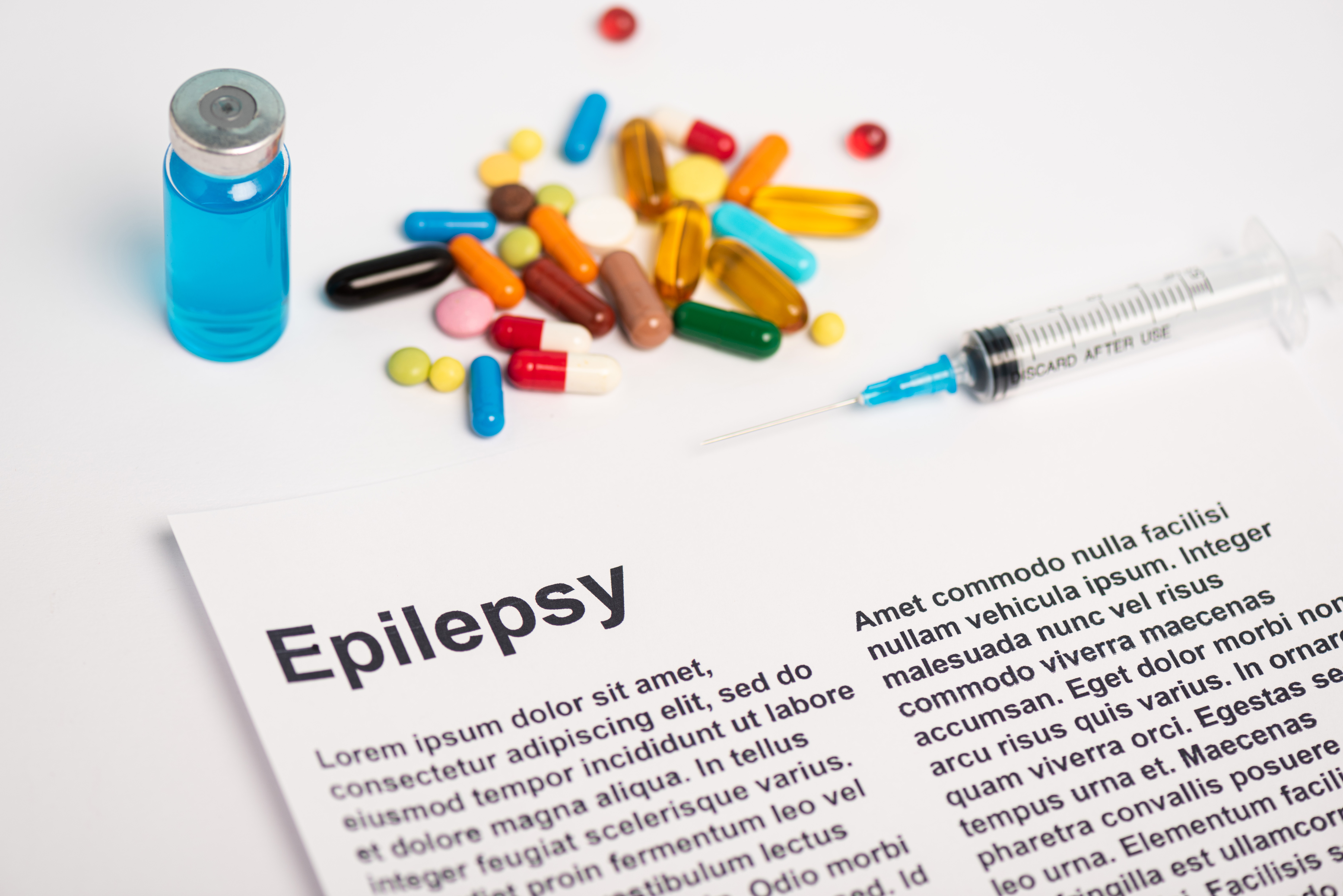13 Little-Known Facts About Gabapentin That Might Surprise You
7. The Role of Gabapentin in Epilepsy Management

As one of the original indications for gabapentin, epilepsy management remains a cornerstone of its therapeutic applications. Gabapentin is used as an adjunctive therapy for partial seizures, providing additional seizure control for patients who do not achieve adequate relief with other antiepileptic drugs. Its unique mechanism of action, which involves modulation of calcium channel activity, complements the effects of other antiepileptic agents, enhancing overall seizure management. Gabapentin's role in epilepsy management is supported by clinical studies demonstrating its efficacy in reducing seizure frequency and severity. Patients treated with gabapentin have reported improved seizure control and a reduction in the frequency of breakthrough seizures. Its favorable safety profile, characterized by a low incidence of drug interactions and minimal sedative effects, makes it an attractive option for patients with complex seizure disorders. The use of gabapentin in epilepsy management extends beyond its pharmacological effects. It offers a valuable alternative for patients who experience adverse effects with traditional antiepileptic drugs or who require additional seizure control. By providing effective seizure management with a favorable side effect profile, gabapentin has become an integral part of the therapeutic landscape for epilepsy, offering hope to patients seeking improved seizure control and quality of life.
8. Gabapentin's Impact on Mental Health: A Double-Edged Sword

Gabapentin's effects on mental health are both promising and complex, offering potential benefits while also posing challenges in certain contexts. On one hand, gabapentin has shown promise in treating anxiety disorders, providing relief for patients who do not respond to traditional anxiolytics. Its ability to modulate neurotransmitter release and stabilize neuronal activity offers a novel approach to managing anxiety, with clinical studies demonstrating significant improvements in anxiety symptoms. However, gabapentin's impact on mental health is not without its challenges. Some patients have reported mood changes and depressive symptoms while taking gabapentin, highlighting the need for careful monitoring and individualized treatment plans. The drug's effects on mental health are thought to arise from its influence on neurotransmitter systems, which can have varying effects depending on individual patient factors. The dual nature of gabapentin's impact on mental health underscores the importance of personalized medicine. By tailoring treatment plans to individual patient needs and monitoring for potential side effects, healthcare providers can maximize the benefits of gabapentin while minimizing risks. As research continues to explore the complex relationship between gabapentin and mental health, its role in psychiatric treatment is likely to evolve, offering new opportunities for patients seeking relief from mental health challenges.
